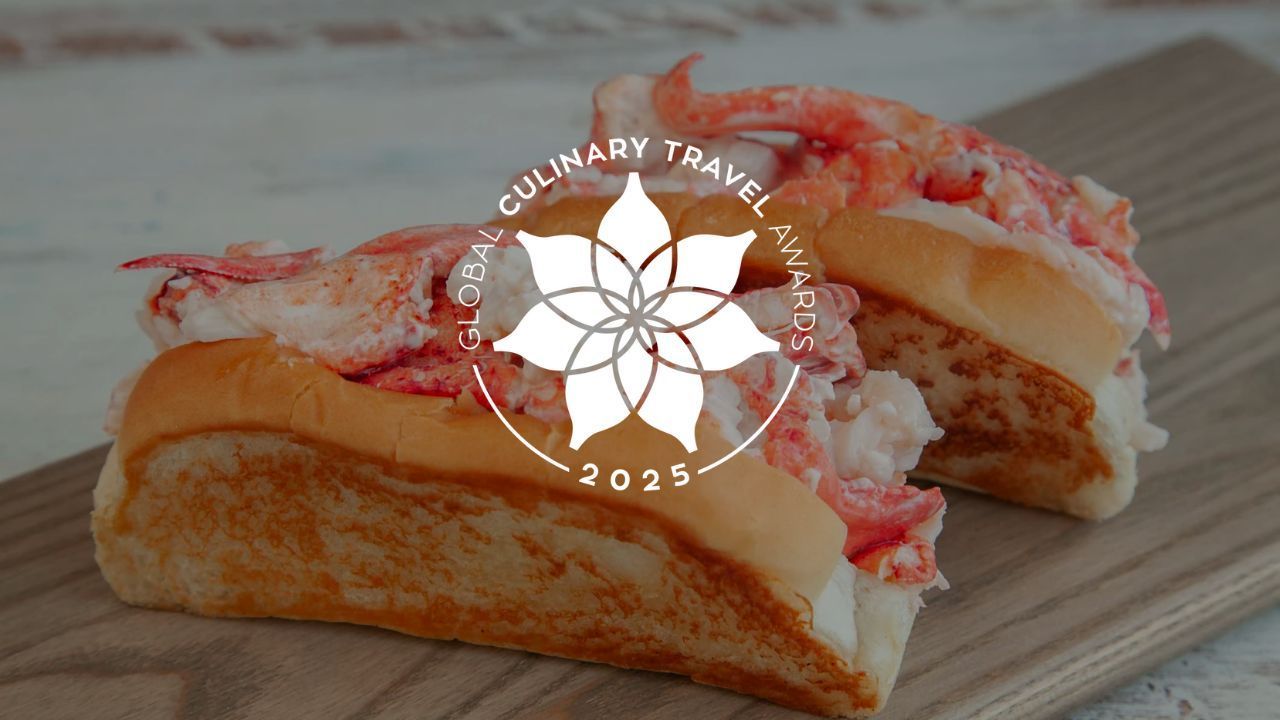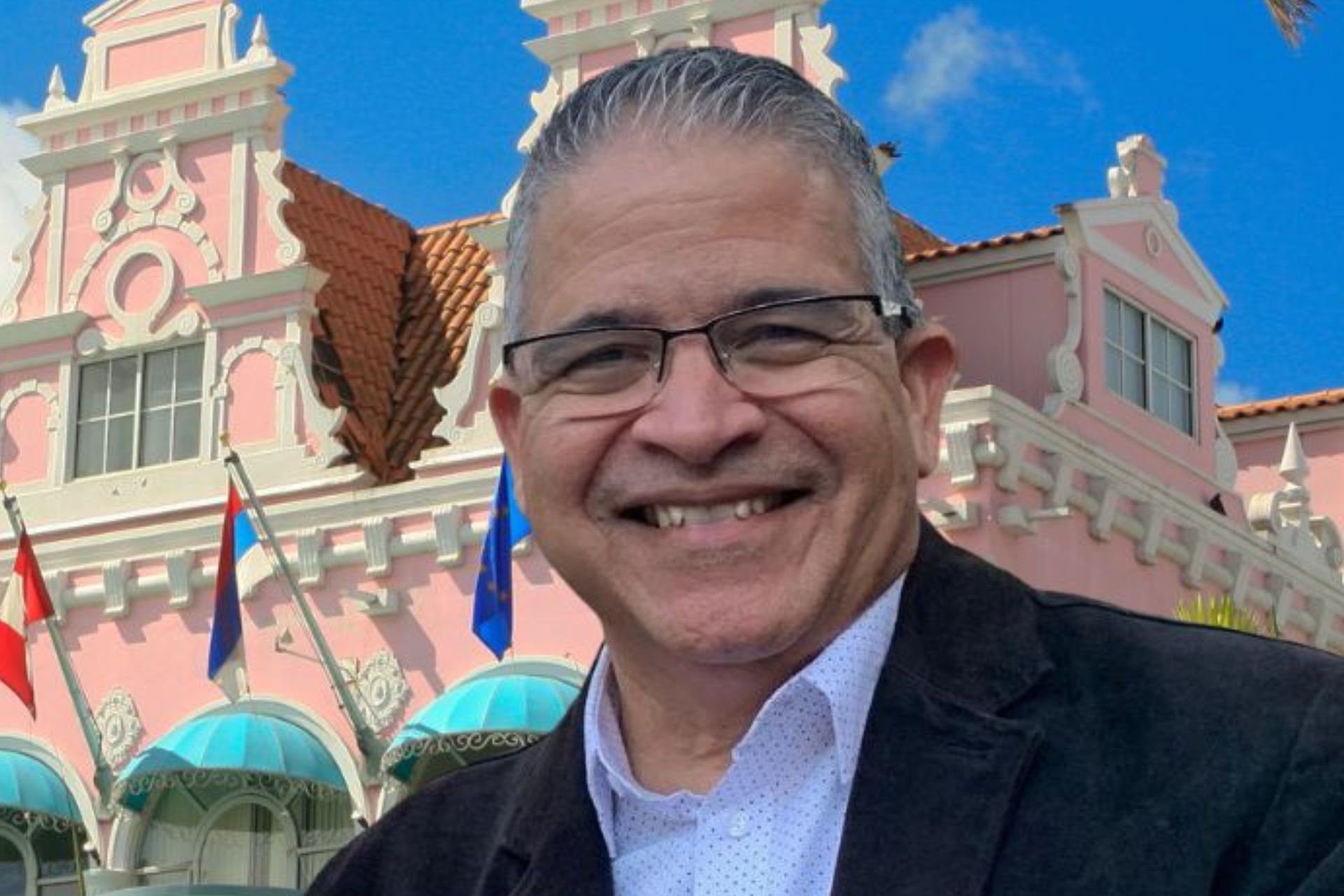Is Virtual Gastronomy Tourism Part of Our Future?

In the last year, the tourist community has experienced an unprecedented reality. Due to the Covid 19 pandemic, people around the world have been limited to only the most necessary activities. That does not include travel. This situation has drastically reduced the activities in the tourism sector, as well as the income of all those who are professionally engaged in tourism, all over the world.
Of course, this difficult and uncertain situation prevails in gastronomy tourism too. But in this ominous reality, gastronomy tourism is the one that has largely managed to show adaptability and bring to the fore new products, which help entrepreneurs to survive financially.
Gastronomy tourism is perhaps the only sector of tourism that has continued to show some activity and to record some income, during all this difficult period of the last twelve months.
How did that happen?
The answer is simple: Adapting the offered gastronomy experiences to the new reality. Some people called it pivoting. We call it common business sense.
Gastrotourism entrepreneurs showed exceptional creativity and innovation by managing to create a whole range of new offers and services, designed especially for the period of continuous quarantines. Let’s take a look at some of these:
1 – Online local cooking lessons
Now that people are unable to travel, they find it very appealing to attend a cooking class that mentions local recipes of places they have already visited or want to visit in the future. These online courses are often combined with a virtual tour in the area where each recipe comes from.
2- Online wine tastings and recipes or local product tastings
They are some of the most popular activities right now. Many gastronomy tourism professionals organize online wine tastings and recipes or local product tastings, after first sending the participants the wine or products they will taste. The online event is usually attended by an expert (for example an oenologist or a chef), who leads the participants to discover and enjoy the taste properties of the product they try.
3- Gastronomy experiences in “boxes”
Another popular activity is to sending local products along with information, videos etc. for an area, in boxes, that are sent to anyone who wants to “taste” each area through this experience, wherever they live.
4- Live visits to local food markets
This experience is watched live by the participants. An experienced tour guide visits live food and beverage markets and shares the experience live with anyone watching.
All the above gastrotourism experiences and many variations of them, gained their own audience and supported the financial viability of many gastrotourism professionals around the world.
In addition, many companies have realized that virtual gastrotourism gives them the opportunity even when we return to normalcy, to reach large groups of prospective customers who for many reasons cannot travel, for example low-income people, or people with physical or mental disabilities. Many of these people would be willing to pay a reasonable price to have some virtual gastronomy experiences that would help them to connect to places they cannot travel to, whatever the reason.
Many companies are currently investing in this new form of tourism. There are, for example, wineries that have invested in virtual wine tourism, which helps boost to the sales of their products.
Is virtual Gastrotourism the future?
Yes, I think virtual gastronomy tourism is here to stay. Of course, it will not always be the main way in which gastronomy services will be offered to the general public, but it will continue to exist and grow, targeting specific people with interests in the above activities.
Virtual Gastrotourism keeps an entire tourism sector financially viable. It is perhaps the only sector of tourism that continues to offer products and services during this difficult period. Virtual Gastrotourism is the only way we have all this time we remain closed in our homes, to dream and travel even mentally, but with tangible taste experiences. It is a vivid memory of how we traveled before COVID, and a strong reminder of what we can do again when normalcy returns.
It is a cost-effective way for us all to have some gastronomy experiences even while we are at home, if for any reason we cannot travel. It is therefore certain that virtual Gastrotourism is now a part of the future of the gastronomy tourism industry, which will have a definite growth in the coming years.
Author: Maria Athanasopoulou is the founder of Respond on Demand Ltd and chair of the Board of Directors of the World Food Travel Association (WFTA). She serves as WFTA’s Certified Ambassador to Greece and is also a Master of Arts in Culinary Travel.











